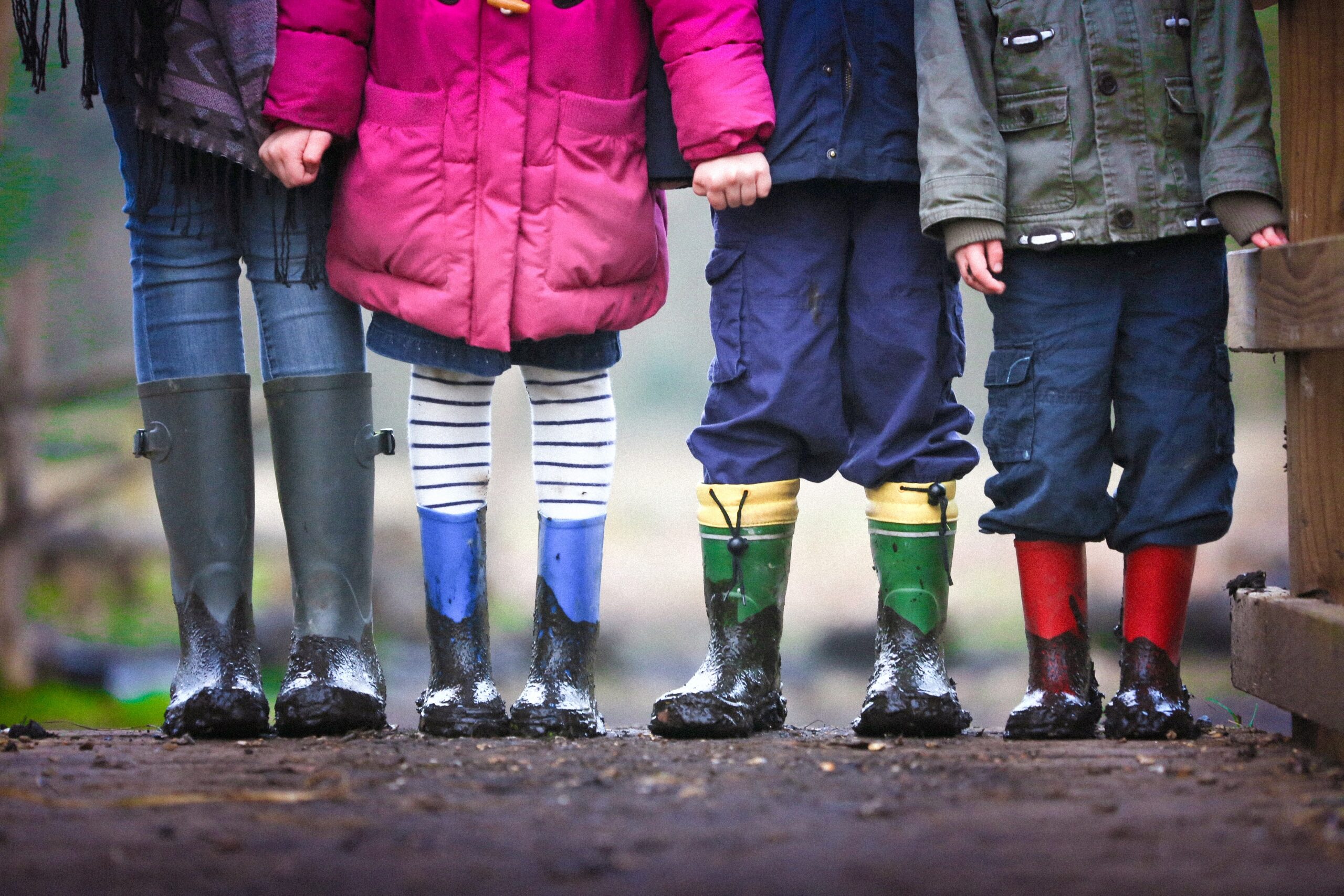Contagious Diseases
Symptoms of infectious diseases

Pets and animals
- Exotic (non-domestic and unusual) animals, such as reptiles may have a high risk of Salmonella which they carry – appropriate risk assessments must be carried out in homes with exotic animals.
- Rats may spread Hantavirus, Hemorrhagic Fever, Monkeypox, Salmonella, Giardia, and rat bite fever through urine, faeces, and saliva of recently infected rats.
- Diseases associated with cats include cat scratch disease, roundworms, toxoplasmosis, rabies and complyobacteriosis.
Dogs can potentially spread Rabies, Norovirus, Salmonella and other infections. - When carrying out pet assessments, assessors are advised to do some research online about the potential health risks associated with keeping the specific animals in the home as pets.
- In order to reduce the risk of infection, pets must be clean and healthy. Pet living quarters must be kept clean and away from food areas.
- Hands must be washed after touching animals, whether in the home or outside the home (for example at petting zoos).
- Animals who have indications of infectious disease should be assessed by a vet and kept away from any children living in the home.
Outbreak of new infections
People who show signs of illness which may be contagious should be mindful of not spreading the illness to others. This may mean that they stay home, wear a face mask or wash their hands more often.
Information about the illness should be obtained from a GP or a reliable source online (such as the NHS website) and guidance should be followed. Details of the illness and actions to be taken should be recorded on the Sparks Fostering database.
Should there be a new outbreak of a pandemic (across the world), or epidemic (across a region), instruction will be issues by the government and NHS. Foster carers and staff are required to follow the guidance provided by the NHS and government
Hand hygiene
Key points to consider regarding hand hygiene are:
- Use warm water.
- Never share water in a communal bowl when washing hands.
- Use liquid soap (there is no need to use soaps advertised as antibacterial or antiseptic).
- Dry hands thoroughly using paper towels or a towel that is not shared with others (especially if the person using the towel is unwell).
- Wipes or hand gel may also be used to disinfect hands when there is no easy access to running water.
- All visible cuts and abrasions should be covered with a water proof dressing.
- Hands should be washed before and after eating or handling food and drink; after using the toilet, potty, or changing a nappy; after blowing your nose, coughing or sneezing; after touching animals/pets or animal/pet waste, equipment or bedding; after contact with contaminated surfaces (e.g. food-contaminated surfaces, rubbish bins, cleaning cloths); when returning from outside play or breaks.
- Do not share moisturising or other creams.
- Put used wipes and tissues in bins with lids and empty them regularly (while wearing gloves).
Children should be helped to understand why hand hygiene is important – the information should be given in a way that meets their needs and that the child can understand.
Respiratory and cough hygiene
Personal protective equipment (PPE)
PPE should not be worn when having day to day contact with a child e.g. playing with a child.
When cleaning items such as toys and equipment, carers should wear household cleaning gloves (e.g. marigolds).
If dealing with blood or bodily fluids of someone who has an infection (or if there is a risk of splashing e.g. from a nose bleed or from cleaning up body fluids), carers should wear single-use disposable gloves and single-use disposable plastic aprons. Gloves should be marked as single use and meet British Standard EN 455 (European Normalisation).
Face protection (such as surgical mask and goggles/glasses) should be considered if a poorly child is vomiting or if there is other risk of splashing. These items should be purchased and stored for when they are needed.
Hands should be washed before and after using PPE.
Cleaning the home
All foster homes are expected to be kept clean. It is understood that homes may not always be exceptionally tidy because children tend to play and create mess; however, this is not an excuse for having a home that is not clean. Skirting boards, hard floors and surfaces should be wiped clean regularly. Carpets and other soft surfaces should be vacuumed and kept clean. The home should also not have an unpleasant odour – even if there are pets in the home or if the child is struggling with bed wetting or other similar issues.
Filters for vacuum cleaners should be emptied and cleaned regularly.
Clothing and linen should also be washed regularly at recommended temperatures, with clothing detergent.
Food and kitchen hygiene
Food safety hazards can be microbiological, chemical or physical in nature and foster carers must ensure that food that is stored, prepared and/or eaten should be safe to eat.
Food that is stored in the fridge or freezer must be kept at the appropriate temperature and guidance for that particular type of food should be followed. Food which is heated must also be heated to the recommended temperature (for that type of food) in order to prevent the growth or pathogenic organisms or the formation of toxins. Food that is heated must be cooled quickly and safely before being served to children.
Carers with babies must also carefully follow storage and heating instructions for formula milk.

Attending school, going to visit the doctor or other visits
Carers must consult with school and/or the doctor’s office in order to ascertain if a poorly child should stay home or if they can attend the premises.
Infected people must follow isolation procedures if directed to do so by the GP or by current NHS guidelines.
Visitors to the fostering home
Visiting other premises
All premises that are attended by children should be clean and hygienic. When children are engaging in activities that may require them to become messy or play in dirt (e.g. playing in the park), appropriate and sensitive steps should be taken to return the child to a clean state as soon as possible afterwards.
Recording
Serious foster carer illness
Business continuity
Sparks Fostering is a paper-free organisation and most of the work carried out by staff is remote; therefore, outbreak of a virus does not impact on the core operational facilities.
Staff also work flexibly so when a member of staff is unwell, cover will be arranged in much the same way that it would be arranged to cover holiday or other sick leave.
When it is felt necessary, work will be carried out remotely; but will return to face to face contact as soon as possible (especially for supervisions).
Staff and foster carers will be notified of any necessary updates to this policy (including where there is specific information about infections or viruses), as is the case with all Sparks Fostering policies and procedures.

Additional resources (optional reading)
About HIV – a brief summary by the Centers for Disease Control







